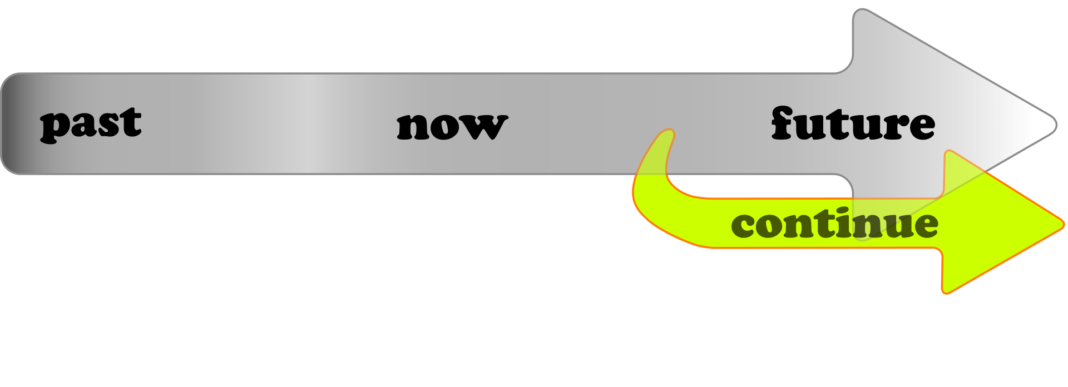The simple future and future progressive are two tenses used to talk about future events. The main difference between them is that simple future is used for actions that will start and end in the future, while future progressive is used for actions that will be ongoing for a period of time in the future.
Key Takeaways
- Simple future is used for actions that will happen in the future, whereas future progressive is used for actions that will be ongoing for a period of time in the future.
- Simple future is formed with the auxiliary “will” and the infinitive form of the verb, while future progressive is formed with “will,” “be,” and the present participle (verb with “-ing”).
- All action verbs and stative verbs can be used in simple future tense, whereas future progressive can only be used with action verbs.
What is Simple Future?
Simple future refers to an action that will happen in the future. It expresses the facts or certainty of an action. The simple future tense is formed with the auxiliary “will” and the infinitive form of the verb, and there is one common formation for both singular and plural subjects. For example, “He will go to school” and “They will return home tomorrow.” The negative form of the simple future tense is formed using “not,” such as in “She will not open the window.” The simple future tense is also used to express willingness, for instance, “I will help you to carry this bag.”
In interrogative form, “shall” is sometimes used instead of “will” with “I” and “we,” especially in making suggestions and asking for advice, such as “Shall I borrow your book?” and “Shall we go to the party?” However, in modern English, “will” is often preferred over “shall.”
What is Future Progressive?
The future progressive tense, also known as the future continuous tense, is used for actions that will occur in the future and continue for a period of time. Future progressive tense is formed with “will,” “be,” and the present participle of the verb (verb with “-ing”). For example, “I will be meeting guests in the evening.” In this example, the action “meet” is not going to happen all at once but has a period of time.
Future progressive is only used with action verbs, as stative verbs (which describe states of existence) cannot be constructed in the future progressive tense since they do not describe an action and do not take a period of time to happen. When forming the negative future progressive tense, “not” is used, such as in “She will not be dancing at the party.”
What is the Difference Between Simple Future and Future Progressive?
The key difference between simple future and future progressive is that simple future is used for actions that will happen in the future, whereas future progressive tense is used for actions that happen in the future and continue for a period of time. Although simple future tense uses the infinitive form of the verb, future progressive tense uses the present participle form. Moreover, all action verbs and stative verbs can be converted into the simple future tense, whereas stative verbs cannot be constructed in the future progressive tense since they do not describe an action and do not take a period of time to happen.
Summary – Simple Future vs Future Progressive
The key difference between simple future and future progressive is that simple future is used for actions that will happen in the future, whereas future progressive tense is used for actions that happen in the future and continue for a period of time.
